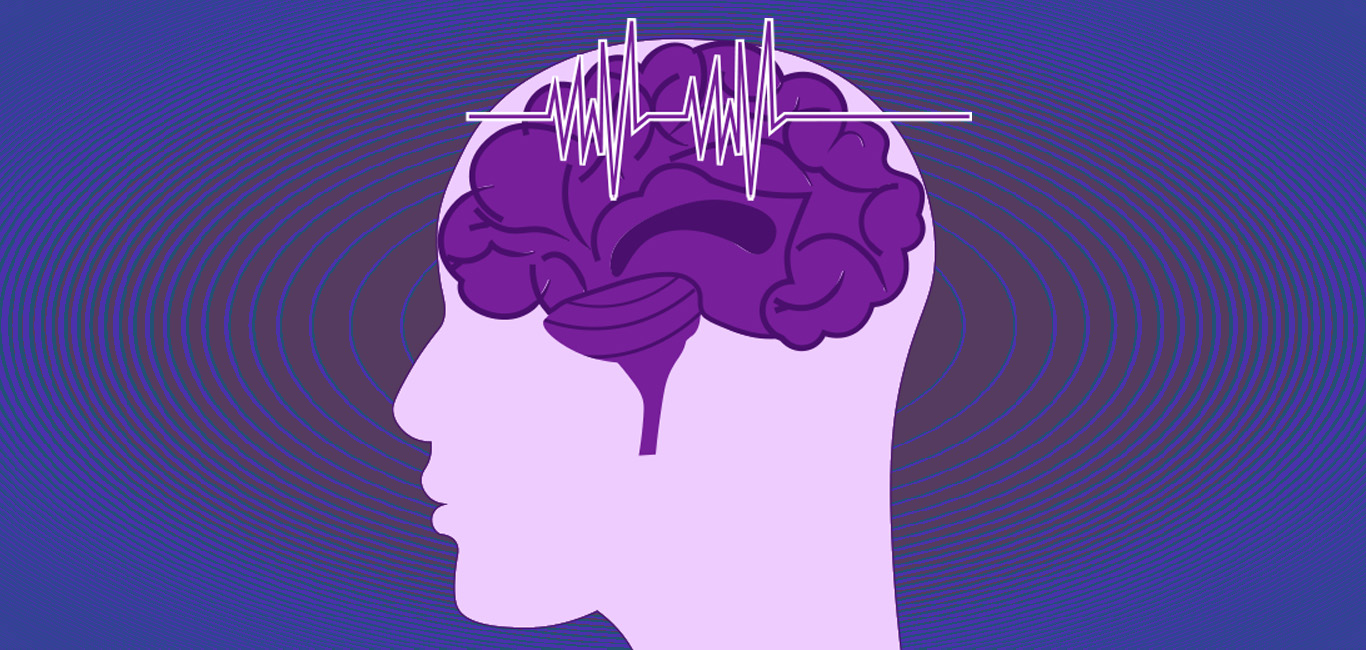- Some of the symptoms include seizures, loss of consciousness, stiff muscles, temporary confusion and psychological symptoms such as fear and anxiety.
Epilepsy, a neurological disorder, leads to disruptions in normal brain functions. Its severity and symptoms can vary widely among individuals.
Some of the symptoms include seizures, loss of consciousness, stiff muscles, temporary confusion and psychological symptoms such as fear and anxiety.
Seizures are the hallmark symptom of epilepsy. They can vary in type and severity, but common seizure types include Generalized Tonic-Clonic Seizures, which involve loss of consciousness, convulsions, and muscle stiffening.
Apart from symptoms, possible seizure triggers include; alcohol, illicit drug use, hormonal changes, stress, dehydration, skipped meals, illness and skipping doses of antiseizure medicines or taking more than prescribed.
One of the ways of sensitizing this condition is through education. Conveying accurate information about epilepsy, its causes, symptoms, and treatment helps dispel myths and misconceptions.
Read More
Moreover, support organizations help connect with epilepsy support organizations and participate in their awareness campaigns.
Social media and online platforms make it easier to share information, personal stories, and facts about epilepsy.
Encouraging epilepsy awareness programs in schools and workplaces promotes understanding and support for individuals with epilepsy.
Training people on First Aid can be crucial in emergency. Sharing personal stories or stories of those living with the disorder humanizes the condition and allow others understand better the condition.
Advocating for policies and regulations like the anti-discrimination laws protect the rights and well-being of people with epilepsy.
Creating awareness about epilepsy is essential to support individuals with the condition and ensure they receive proper care and understanding from their communities.










